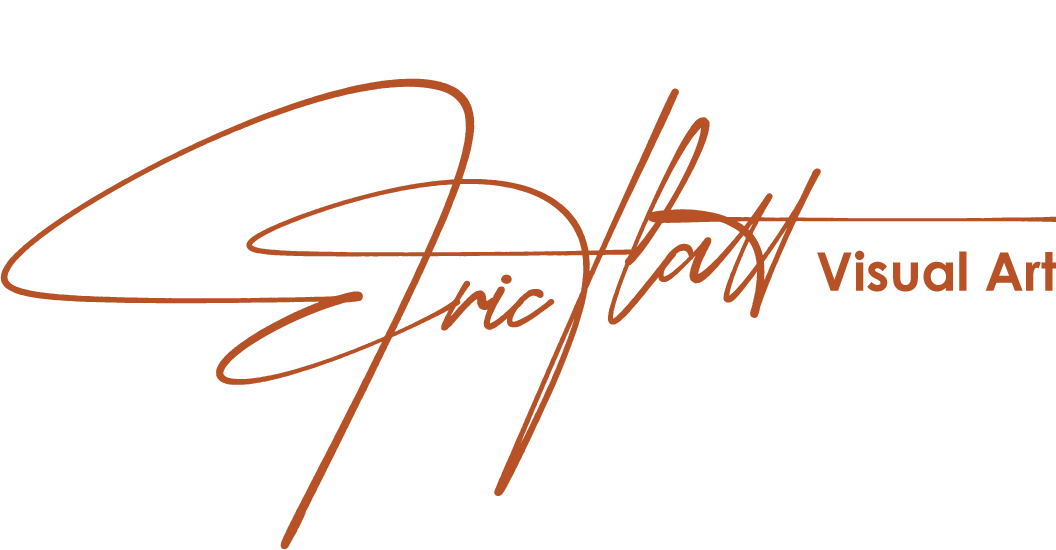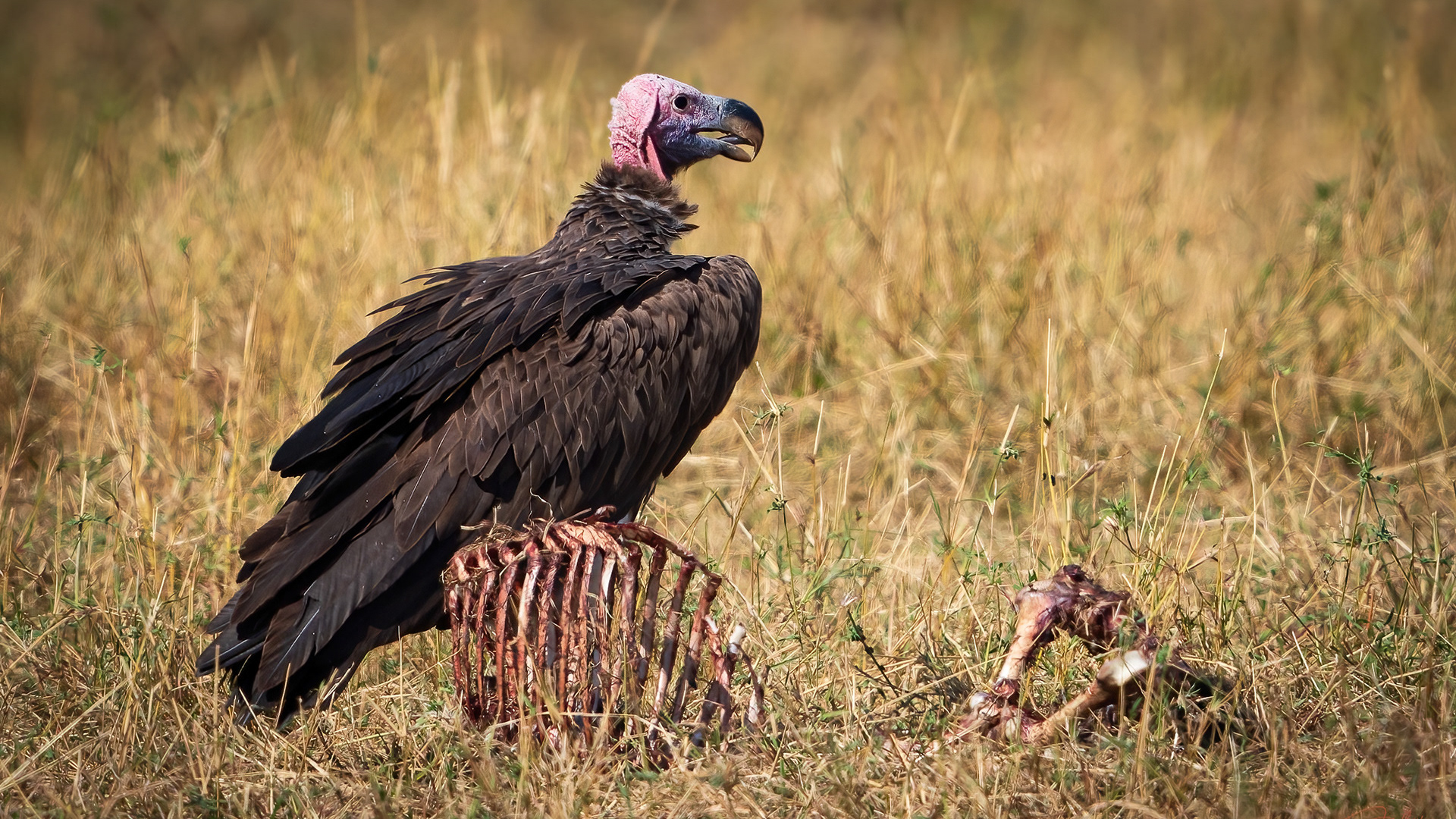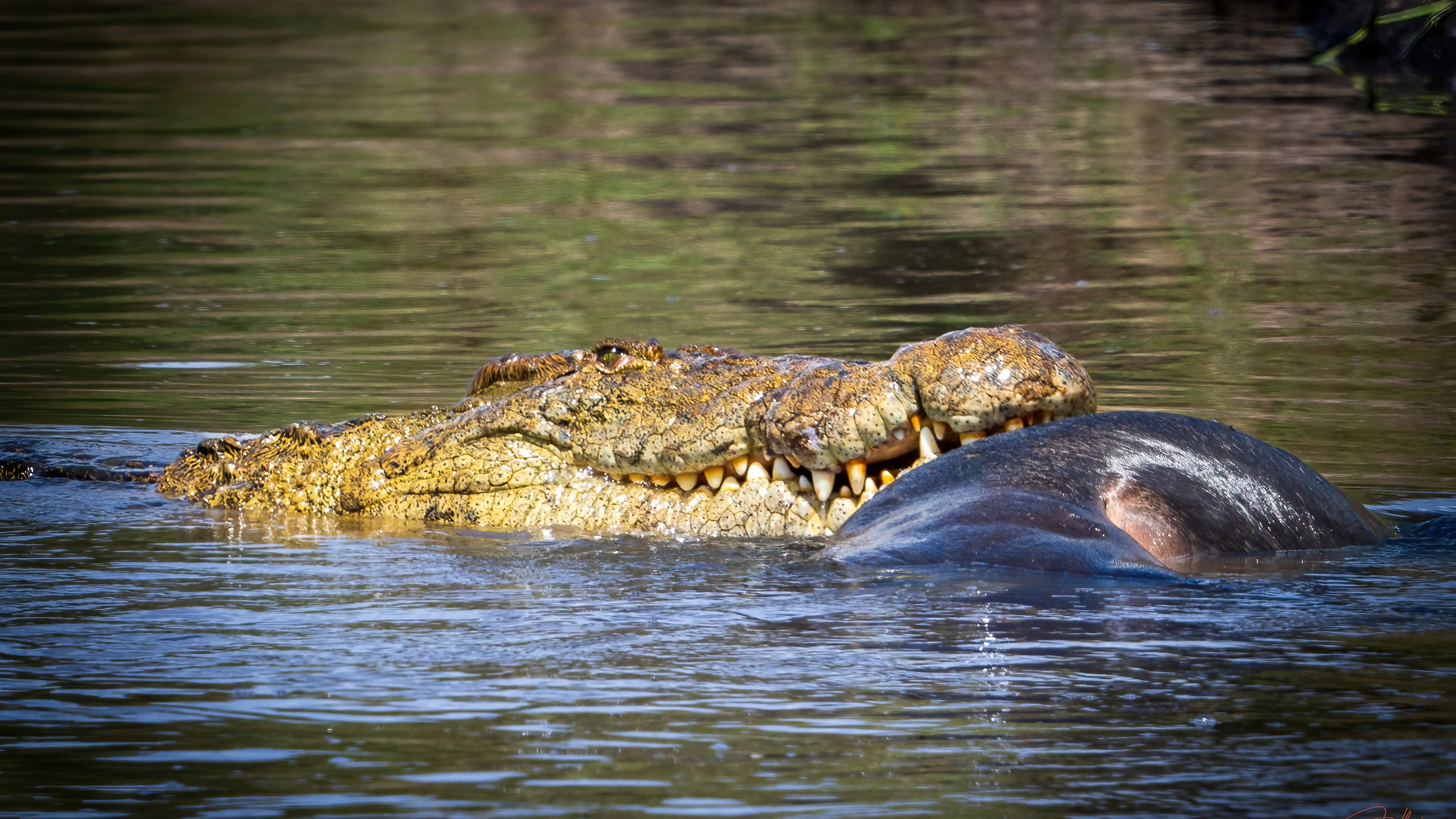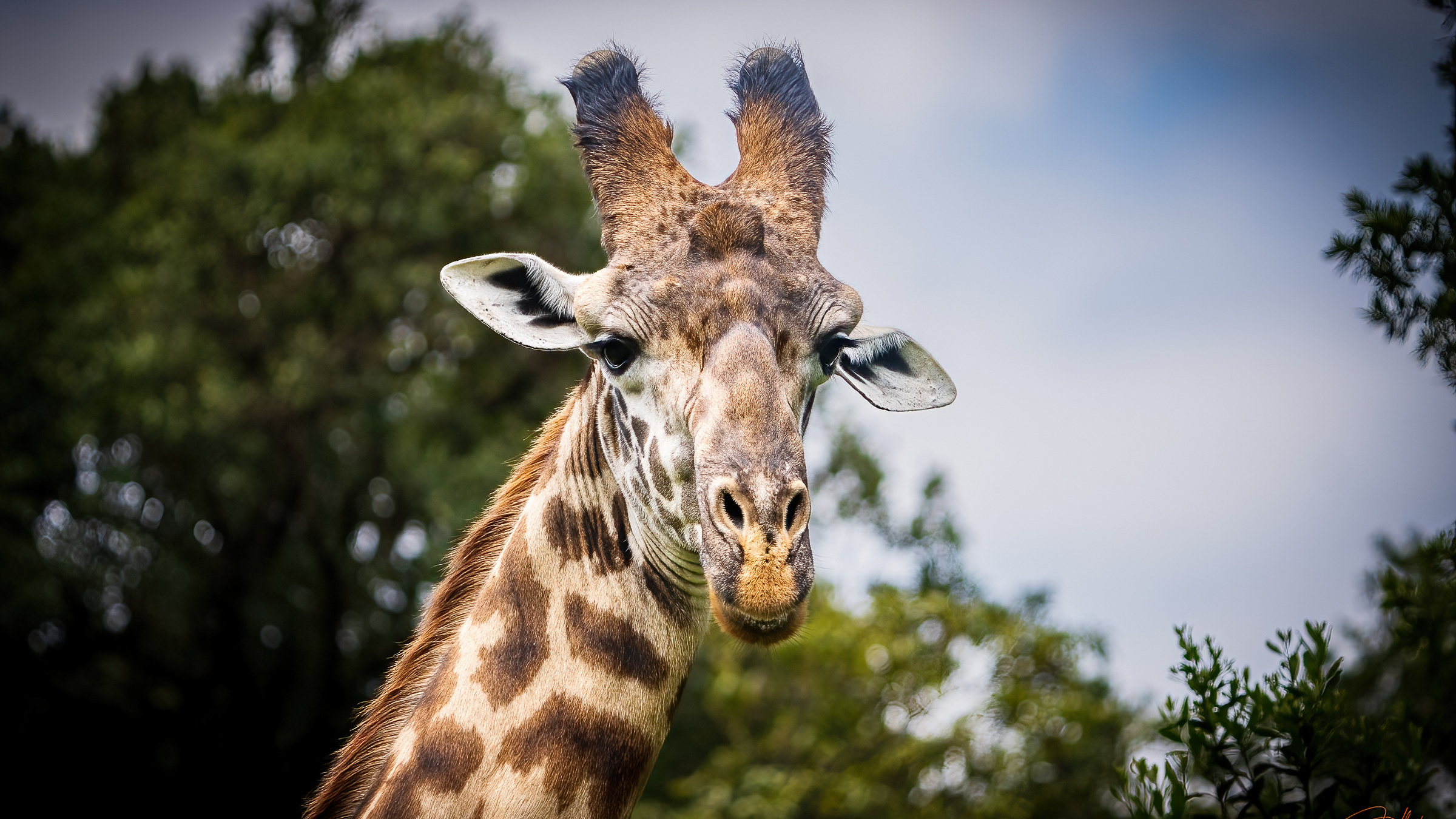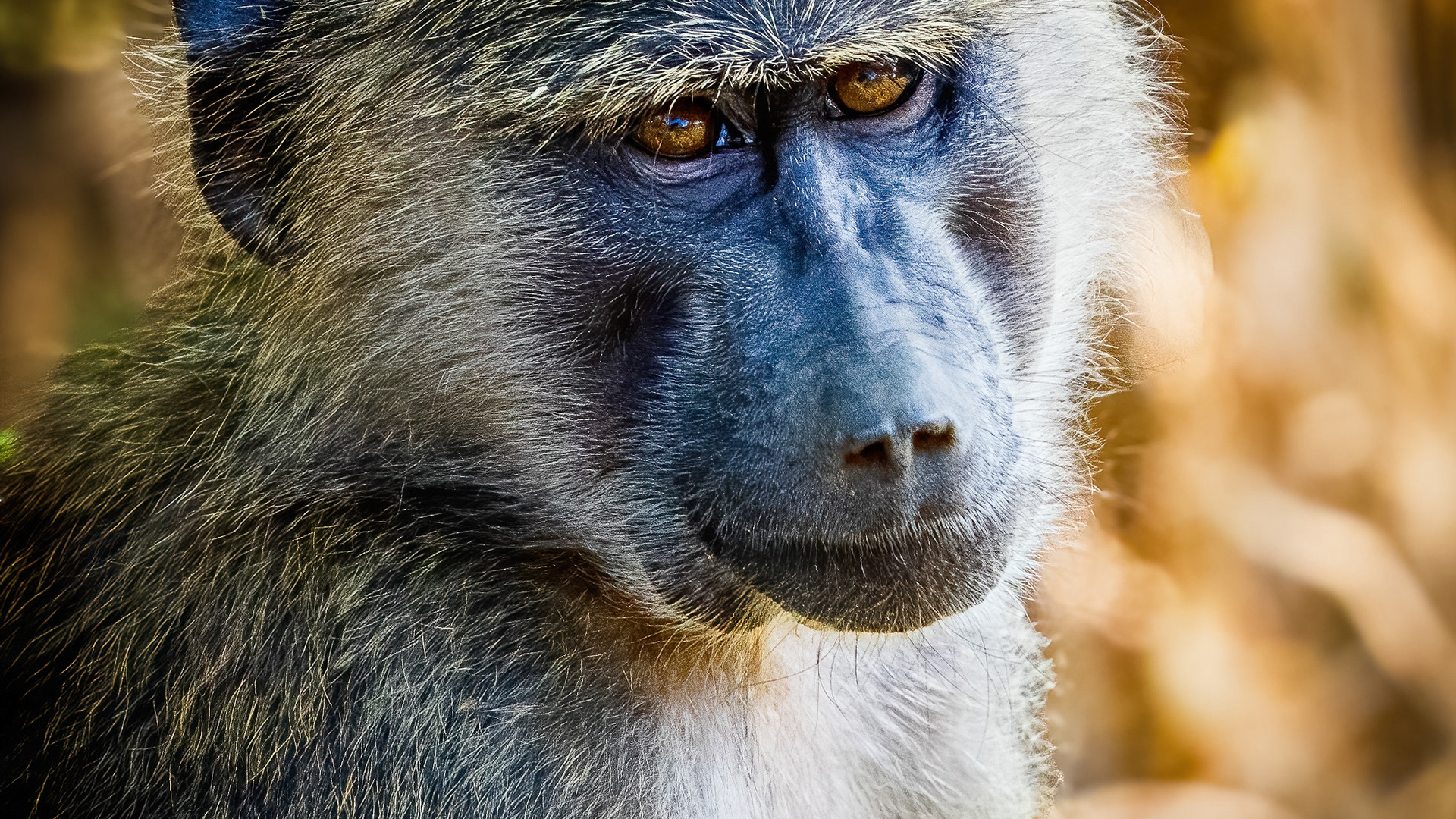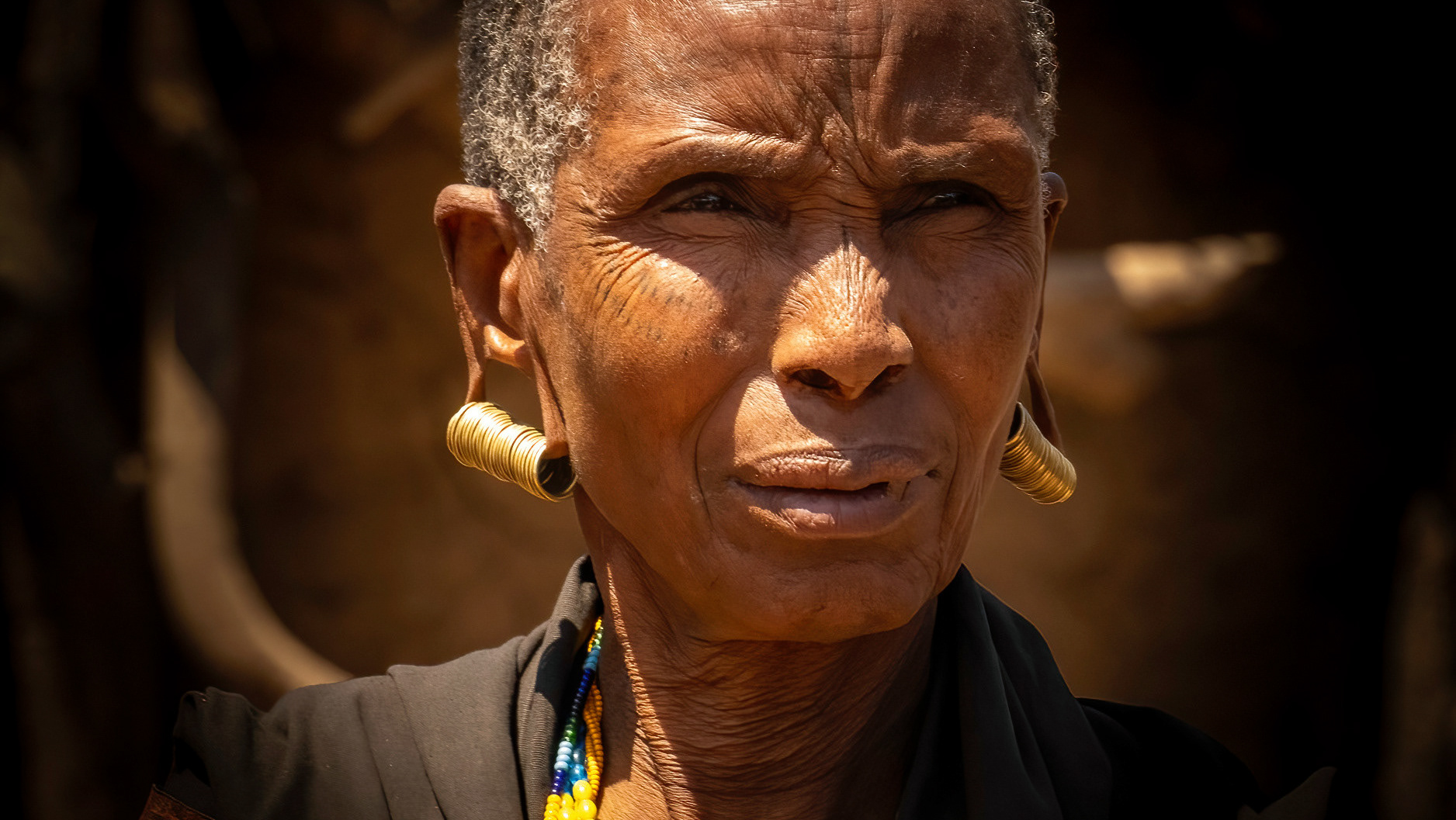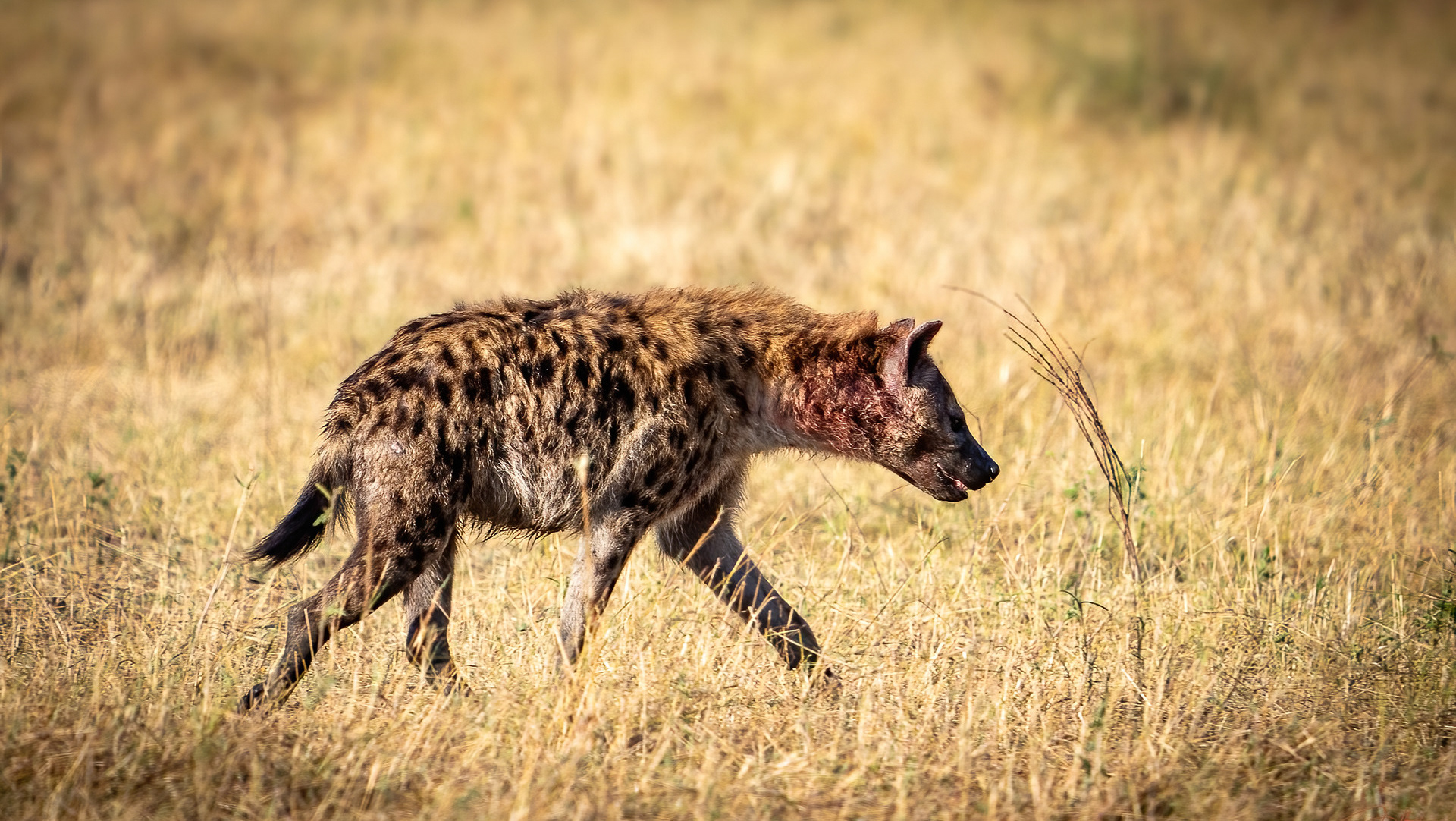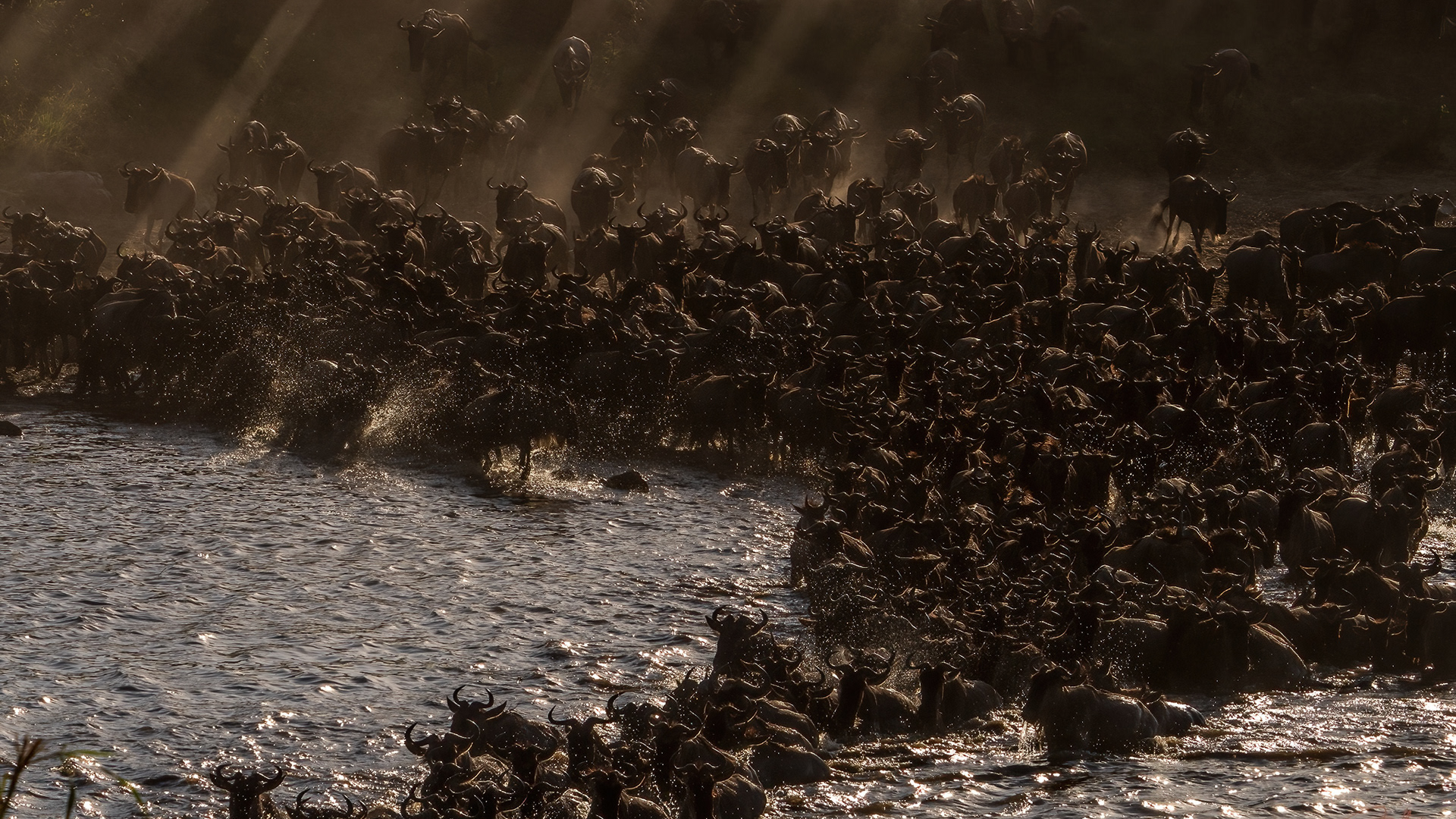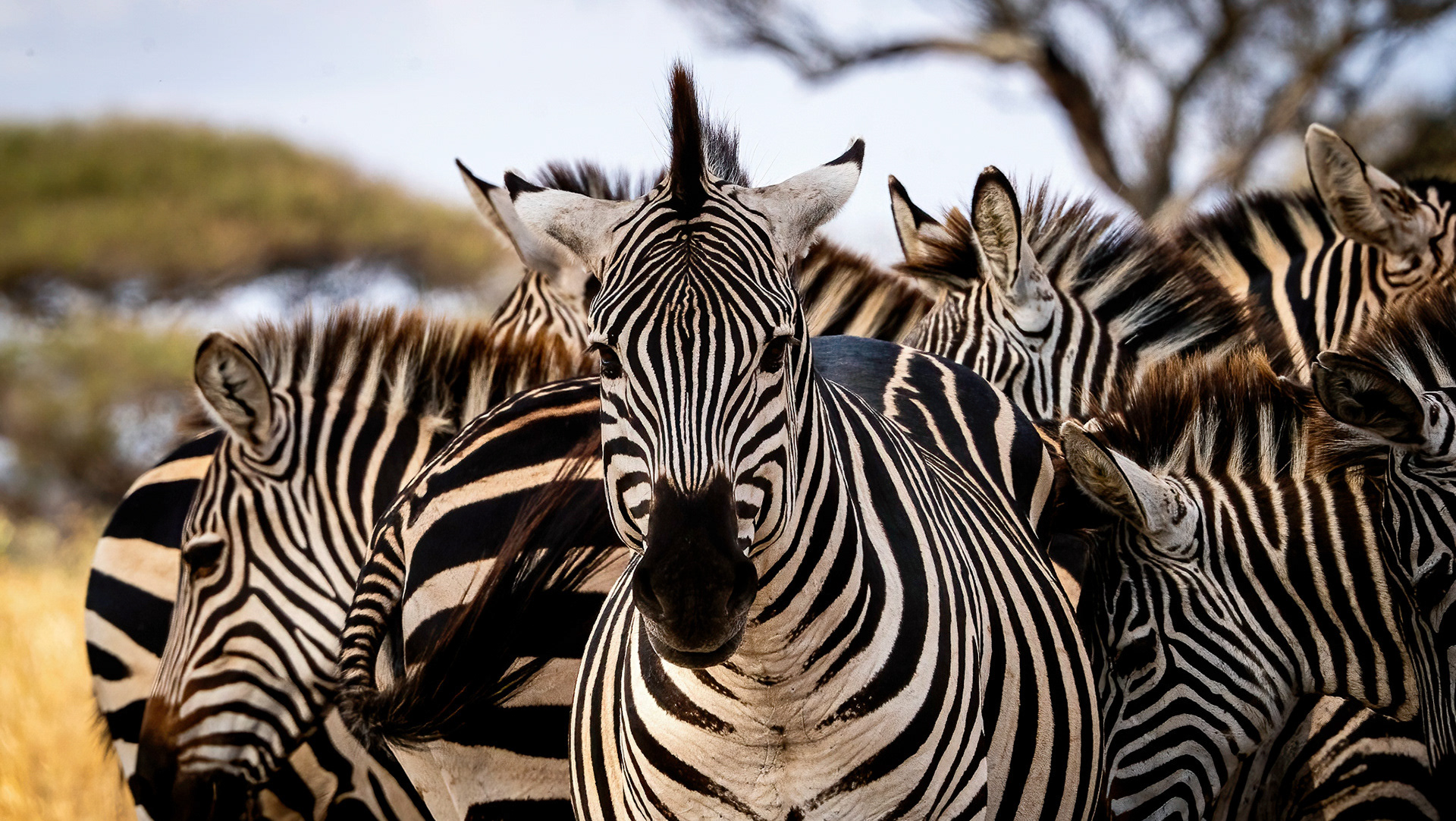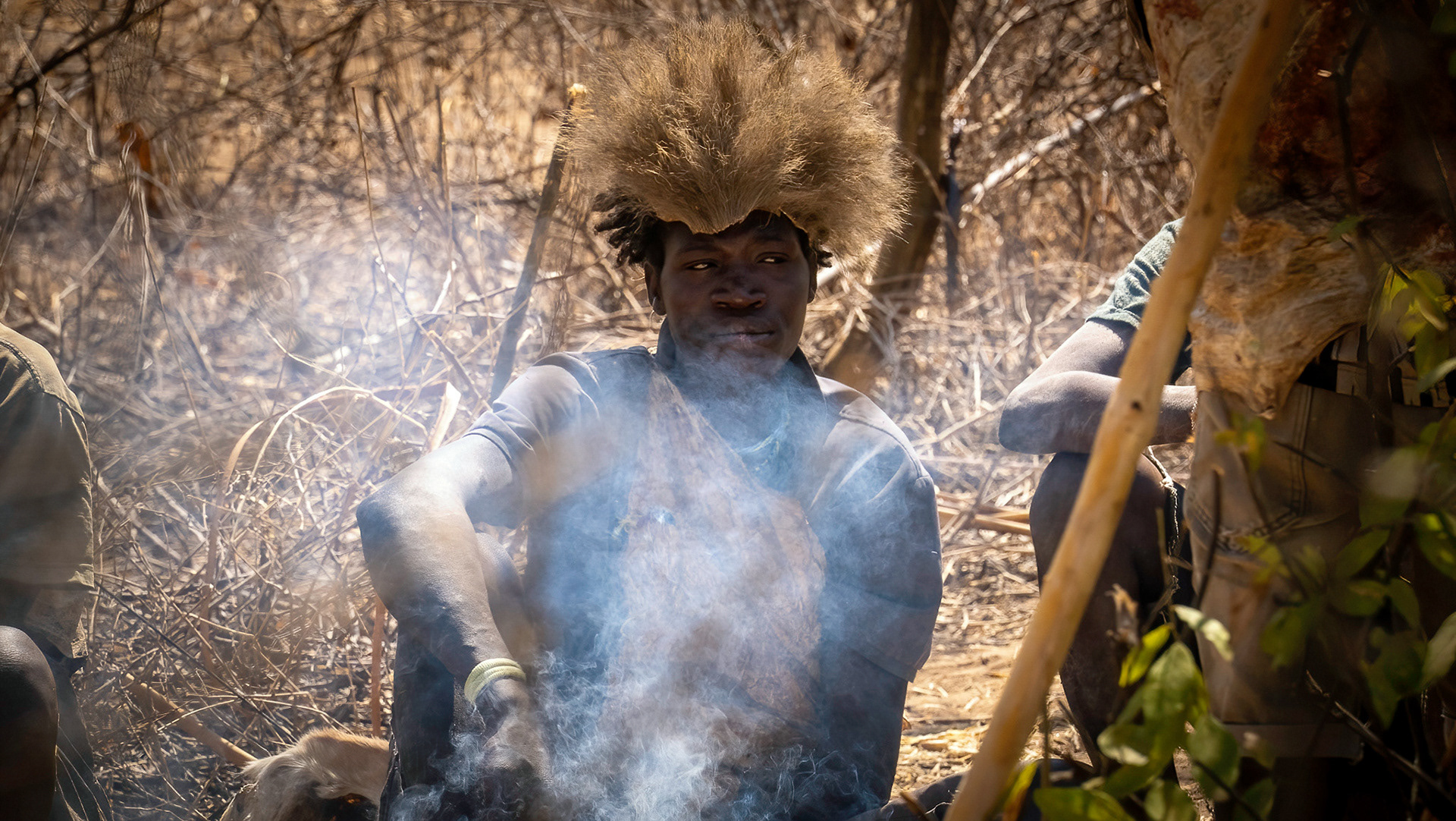The Masi are an indigenous ethnic group residing primarily in northern Tanzania. Deeply connected to their ancestral lands, they are semi-nomadic pastoralists whose way of life centers around cattle, a symbol of wealth, sustenance, and community.
The Masi are easily recognized by their striking attire of rich reds and earthy tones, intricate beadwork, and ceremonial traditions that honor bravery, beauty, and harmony with nature.
The Masi are easily recognized by their striking attire of rich reds and earthy tones, intricate beadwork, and ceremonial traditions that honor bravery, beauty, and harmony with nature.
It is common for Masi men, particularly elders or those with wealth in cattle, to have multiple wives. Each wife has her own hut, known as an enkaji, built from a mix of mud, sticks, and cow dung. These huts are typically arranged in a circular family homestead called a boma, enclosed by a protective fence made from thorny acacia branches to keep out wildlife.
Each wife manages her own household, caring for her children and maintaining daily life, while the husband divides his time among them. This polygamous system reflects both social status and practical needs within the pastoral lifestyle—larger families mean more help with herding, milking, and household work. Despite modern influences, this tradition remains a meaningful part of Masi identity, symbolizing family strength, cooperation, and continuity.
